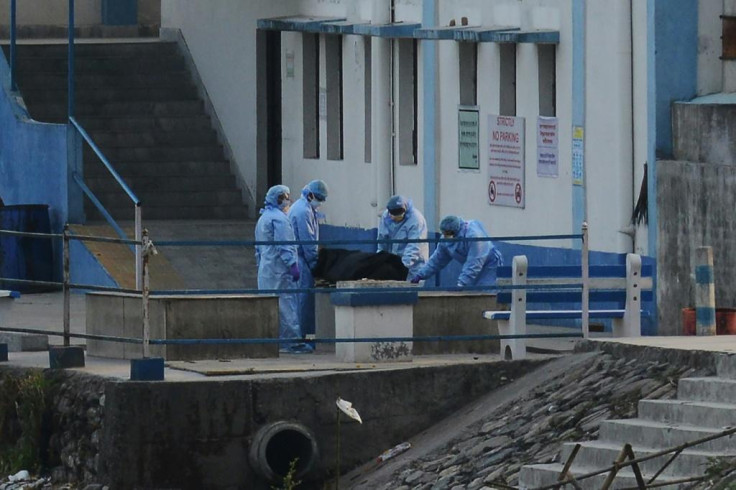Chinese scientists isolate antibodies that could possibly lead to potential COVID-19 vaccine
As it stands right now, the COVID-19 pandemic has already infected over 850,000 people and killed an estimated 42,000 around the world.
Even though COVID-19 cases around the globe are rising, medical researchers and scientists are racing against time to develop a vaccine or cure. There have been claims of certain existing medications that are supposedly effective against the virus. Drugs such a Hydroxychloroquine, Azithromycin, and Avigan are reportedly being used in trials and have shown success. However, there is a lack of actual evidence that these can effectively eliminate SARS-COV-2. Meanwhile, scientists from China have allegedly identified antibodies that could lead to a major breakthrough.
In an article published by Reuters, a team of Chinese experts declared that they have successfully isolated "extremely effective" antibodies that can possibly prevent coronavirus infections. While it was not specified that they have created a vaccine, the discovery would likely lead to such treatments. As it stands right now, the COVID-19 pandemic has already infected over 850,000 people and killed an estimated 42,000 around the world.
As predicted by healthcare analysts, it has unfortunately made its way to various countries. As expected, most local healthcare systems are not equipped to handle a crisis of such a huge scale. While there are ongoing vaccine trials, the recently announced advancements are welcome news for those hoping to come up with anything that could stop additional infections.
According to Zhang Linqi, he and his team believe that a drug created with the antibodies will likely be effective against SARS-COV-2. The study apparently began early in 2020 at the 3rd People's Hospital in Shenzen, China.
The said antibodies used in the study were sourced from the blood of patients who have recovered from COVID-19. They were able to isolate a total of 206 monoclonal antibodies that were quick to bind with the virus' proteins.
Further testing likewise shows that around four of the isolated antibodies from a group of twenty were able to block viral entry. This will continue until the team can identify which ones perform the strongest against COVID-19.

The next would be to combine everything just in case the coronavirus mutates into a new strain. In a regular scenario, approval for human testing would take at least two years. However, given the severity of the pandemic, this could be approved much earlier.
© Copyright IBTimes 2025. All rights reserved.





















